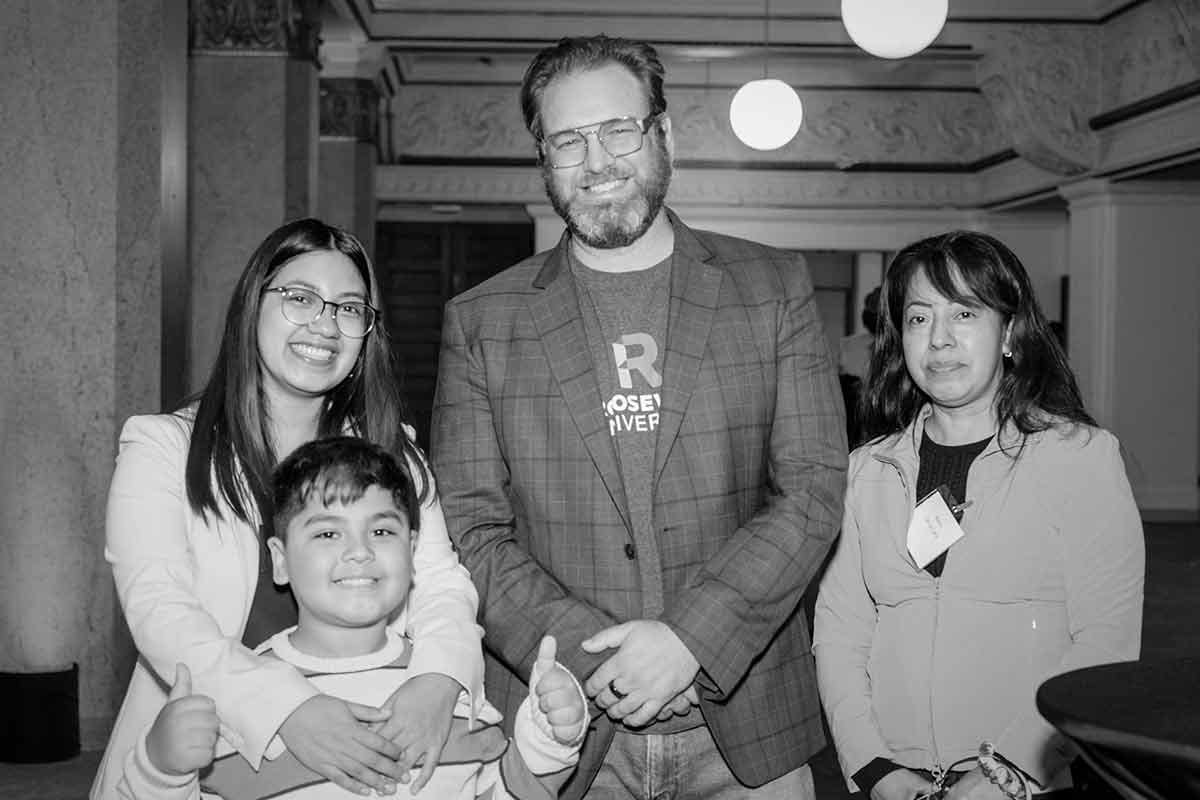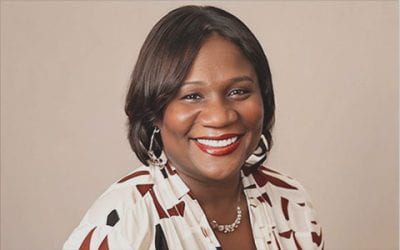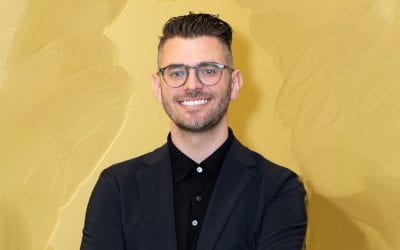To the Editor: College and Connection
Summer 2023By Julia Brady (she/her)
Friend of Roosevelt and writer for languageoffriendship.com
DEAR EDITOR,
I learned a few years ago not to ask a graduating senior about their post-high school plans unless they first bring up the topic. One Thanksgiving I innocently asked my niece if she had heard from any colleges yet, not realizing the stress that question triggered. My sister quickly set me straight, explaining how drawn out the process is for students these days, compounded by growing waitlists that feel like a teen purgatory for the college-bound.
So much weight is often placed on the college decision. It’s a badge we wear throughout our lives, and there’s so much pressure to get it “right;” to attend the best possible school that will be a golden ticket to a great job or grad school, all while not amassing major debt. And having tons of fun, since these are the “best years of your life”. These loaded expectations mask certain realities of going to college, a
transition that for many is unsettling, often lonely, and just plain overwhelming.
An important yet often overlooked factor that can set someone up for a successful college experience is the level of supportive relationships a school is committed to fostering. In their book Relationship-Rich Education, How Human Connections Drive Success, authors Peter Felten and Leo Lambert make the case that “learning and well-being are intimately and inseparably connected.” The book draws upon decades of research and stresses the importance of a student’s desire to find community, and how “belonging uncertainty” can undermine someone’s ability to succeed in and out of the classroom.
The authors spoke with nearly 400 people and researched programs at places ranging from community colleges to large public universities. They share stories of how everyone
from faculty to front-line staff can help students feel supported and find a sense of belonging: crucial elements to academic perseverance and student success. They point out how authentic connections are the basis for most successful programs, as their research shows the power of “students believing someone has their back at all times.”

“Simply asking ‘how are you’ can be the start of a meaningful relationship.”
PETER FELTEN & LEO LAMBERT, RELATIONSHIP-RICH EDUCATION
Educational attainment has long been an important factor driving economic mobility. And for many students, particularly those who are among the first in their families to attend college, supportive relationships with faculty, staff and others in the college community can be transformative.
Roosevelt University has embedded relational support in its culture since the beginning. I first met senior Maria Rivera at an alumni awards event in [the] fall of 2022. I had recently started my interim role at the University and was particularly taken by Maria’s story. As the recipient of the Future Alumni Award, Maria was recognized for her many contributions to the Roosevelt community in her years as a student. Contributions and achievements she managed while working, parenting and attending college full-time.
As I came to know Maria better, she was quick to share the important roles many faculty, staff and other mentors have played during her time at Roosevelt. Early in her college journey, Maria had to overcome doubts and overwhelm to believe that she belonged there. Then she met Professor Justin Shea, a finance faculty member who not only believed in her abilities but encouraged her to apply to the competitive finance honors program. Reflecting on this time, Maria says, “I was working and caring for my son… and Professor Shea was always there for me. He supported me throughout the process.” His support reinforced Maria’s confidence and commitment, something she regularly models for her young son as she embraces her role as an honors student, Joan Deutsch Herczeg Women’s Leadership Scholar and student leader.
Maria recognizes that “people can sometimes feel intimidated approaching mentor relationships.” She has learned to set aside those fears and recognize that many people in university settings are happy to help. She’s built strong relationships with Roosevelt alumni and staff and is eager to mentor others, particularly those like her who didn’t think college was possible.
Relationship-Rich Education shares the importance of engaging experienced students as mentors, noting the value of “student leadership as a force multiplier.” As more colleges embrace values of inclusion, an intentional approach to fostering connections is an important part. The book shares many examples of how mentoring and relational support is infused into all types of college campuses, and how it needs to be a cultural value to have scalable impact. They share how student success and belonging is best fostered when it is seen as everyone’s responsibility, when every member of the staff and faculty adopts a mentality of “I work here, so you are my student.”
We should keep in mind the big changes ahead for graduates and new college students. Be they family, friends or neighbors, we might see a brave face masking concerns about the many unknowns ahead. Many of us have probably been there and wish someone had approached us with grace instead of asking questions about our future plans, and quietly acknowledging this important life transition.
Julia Brady (she/her)
Friend of Roosevelt and writer for languageoffriendship.com
More in this section
From the Editor: On Journeys
Journeys are all around us. And while our journeys may share destinations, our stories are different. Editor Jared G. Fritz-McCarty shares how travel unfolds a world that would otherwise exist as a mere figment of our imagination.
To the Editor: “You can do anything you set your mind to.”
Alumna Nyrobi Wheeler reflects on her journey to Robert Morris University Illinois, now Roosevelt. “The value of an education was important, especially as a Black Woman.”
From the Editor: On People
Editor Jared G. Fritz-McCarty shares how the people of Roosevelt defined his own student experience. Those people are his Roosevelt story.



